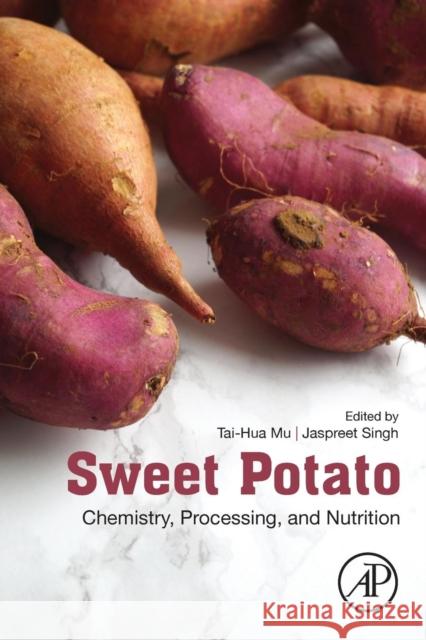Sweet Potato: Chemistry, Processing and Nutrition » książka
topmenu
Sweet Potato: Chemistry, Processing and Nutrition
ISBN-13: 9780128136379 / Angielski / Miękka / 2019 / 414 str.
Kategorie:
Kategorie BISAC:
Wydawca:
Academic Press
Język:
Angielski
ISBN-13:
9780128136379
Rok wydania:
2019
Ilość stron:
414
Waga:
0.55 kg
Wymiary:
22.86 x 15.24 x 2.16
Oprawa:
Miękka
Wolumenów:
01
Dodatkowe informacje:
Bibliografia











